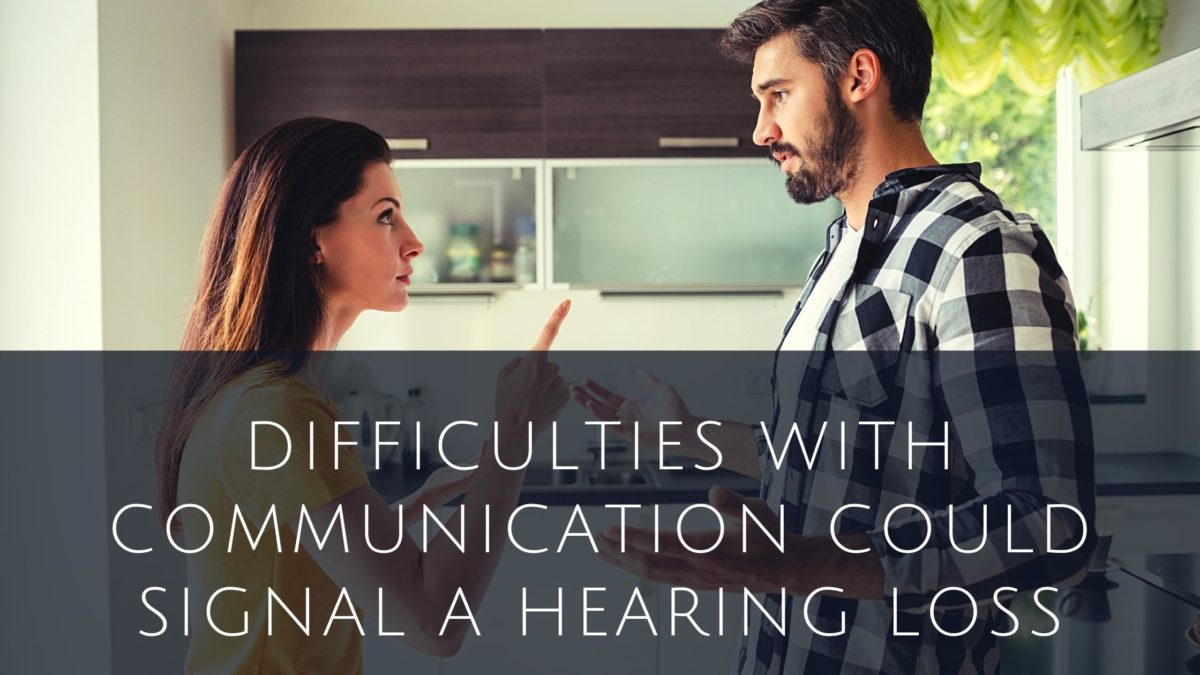Have you been having difficulties communicating? Have you had to ask your friends to repeat themselves, especially when you’re out for dinner or at a noisy bar downtown? Maybe you passed your recent hearing test but still have trouble communicating. While you’d think a hearing test would show your hearing loss, you may have hidden hearing loss.
What is Hidden Hearing Loss?
Hidden hearing loss is a lot more common than you’d think. Many people have no problem hearing in the quiet of their living room or the quiet audiologist’s office. However, out in the real world though it’s a different story. In places with a lot of background noise, you feel like you can’t hear anything and struggle to order a coffee. Have you decided to stay home rather than meet your friends at the bar or feel that your relationships are suffering? You probably have hidden hearing loss or hearing loss that originates in the brain and not in the ears.
What Causes Hidden Hearing Loss?
Researchers at the University of Michigan, led by Dr. Gabriel Corfas, director of the Kresge Hearing Research Institute at Michigan Medicine’s department of otolaryngology, have been looking for the cause of hidden hearing loss and have found a couple of factors that affect hearing and lead to hidden hearing loss. Corfas and colleagues recently published these exciting new findings in the Nature Communications journal, which could significantly impact how we test and treat hearing loss in the future.
One cause of hidden hearing loss is a disruption of the Schwann cells in the brain, which make myelin. Myelin is responsible for insulating the neural pathway that runs from the ears to the brain, and without this insulation, auditory signals struggle to reach the brain. Sadly, even when myelin is regenerated, the hearing loss is permanent.
Another cause of hidden hearing loss, which is also in the brain and not in the ear, is a breakdown in the synapses that connect the inner ear cells with the neurons that will carry sound signals up to the brain. When there aren’t enough synapses to transmit signals, the sounds you hear will never make it to the brain. This explains why hidden hearing loss can be so hard to detect. In a quiet place, like the doctor’s office, only a few synapses are needed to send all the sounds you hear to the brain. Your brain then processes the sounds, decides which sounds are important, and ignores the rest. But in places with a lot of background noise, the limited number of synapses can’t handle all the sounds, and with no way to prioritize speech sounds over background sounds, you’re left struggling to hear and follow conversations.
Risk Factors that Lead to Hidden Hearing Loss
One of the most common causes of hidden hearing loss is exposure to dangerously loud noises. Corfas is particularly worried about children and teens, who often are exposed to a lot of noise early in life. Whether from the noises of daily life in crowded cities or unsafe listening practices with the volume turned up far too high on earbuds, it’s likely that soon more children and adults will be living with hearing loss.
“Exposure to noise is increasing in our society, and children are exposing themselves to high levels of noise very early in life,” says Corfas. “It’s clear that being exposed to high levels of sound might contribute to increases in hidden hearing loss,” and this early damage is likely to manifest as hearing loss within a few years.
Treating Hidden Hearing Loss
If you think you might have hidden hearing loss, the first step is to visit us for a hearing test. We’ll test your ability to hear in quiet and in noise so that we’ll be sure to detect it if you have hidden hearing loss. Unfortunately, there aren’t any treatments available that will reverse hidden hearing loss but wearing a hearing device will allow you to get back to hearing and stop worrying about your hearing health. Whatever the cause of your hearing loss, finding the perfect hearing aid will allow you to communicate easily with your family and friends whatever you decide to do.

